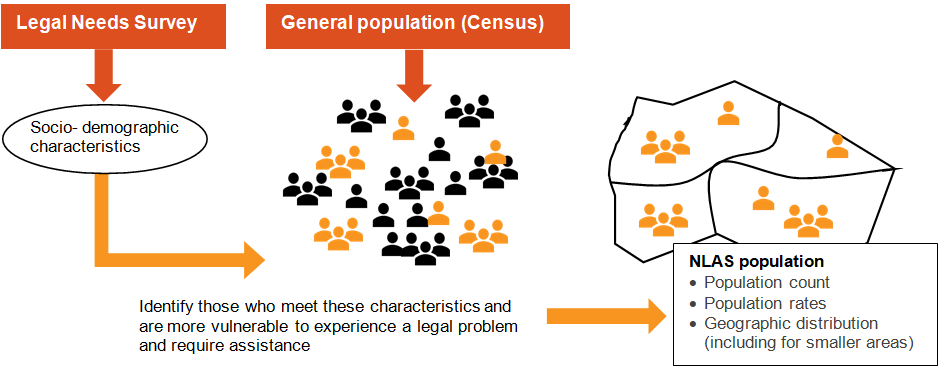Understanding Divorce Maintenance
Divorce maintenance, commonly known as alimony or spousal support, is a crucial aspect of divorce settlements that ensures financial stability for both parties post-divorce. Navigating divorce maintenance requires a comprehensive understanding of the legal framework, financial considerations, and negotiation strategies involved.
Legal Framework for Divorce Maintenance
Divorce maintenance laws vary by jurisdiction, but generally, they aim to provide financial support to the spouse who earns less income or is financially disadvantaged as a result of the divorce. Courts consider factors such as the length of the marriage, each spouse’s earning capacity, contributions to the marriage, and standard of living when determining maintenance awards. Understanding the legal guidelines and precedents in your jurisdiction is essential for negotiating favorable maintenance terms.
Financial Considerations in Divorce Maintenance
In addition to legal considerations, financial factors play a significant role in determining maintenance obligations. Both parties’ income, assets, debts, and expenses are carefully scrutinized to assess each spouse’s financial needs and abilities to pay maintenance. Financial documentation, including tax returns, pay stubs, bank statements, and expense records, is often required to support claims for maintenance. Having a clear understanding of your financial situation and needs is crucial for effectively advocating for your interests during maintenance negotiations.
Types of Divorce Maintenance
Divorce maintenance can take various forms, depending on the circumstances of the divorcing couple. Temporary maintenance may be awarded during the divorce process to provide immediate financial support until a final maintenance determination is made. Rehabilitative maintenance is designed to assist the recipient spouse in becoming self-supporting by funding education, training, or job retraining programs. Permanent maintenance may be awarded in long-term marriages or cases involving significant disparities in income or earning capacity.
Negotiating Divorce Maintenance
Negotiating divorce maintenance can be a complex and emotionally charged process, requiring careful consideration of each party’s financial needs and resources. Collaborative negotiation, mediation, or alternative dispute resolution methods may be employed to reach a mutually agreeable maintenance arrangement outside of court. However, if negotiations fail, the court may intervene and make a determination based on statutory guidelines and case law precedent. Effective negotiation strategies include maintaining open communication, focusing on interests rather than positions, and seeking creative solutions to financial challenges.
Factors Affecting Maintenance Awards
Several factors can influence the amount and duration of maintenance awards, including the length of the marriage, each spouse’s earning capacity and financial needs, the age and health of the parties, and the presence of minor children. Courts may also consider factors such as the recipient spouse’s contributions to the marriage, including homemaking and childcare responsibilities, and the paying spouse’s ability to meet maintenance obligations without compromising their own financial stability. Understanding how these factors apply to your case is essential for advocating for a fair maintenance outcome.
Modifying Maintenance Orders
Maintenance orders are not set in stone and may be subject to modification based on changed circumstances. If either party experiences a significant change in income, employment status, health, or marital status, they may petition the court for a modification of maintenance. However, modification requests must be supported by evidence of a substantial change in circumstances and may require a formal court hearing to adjudicate. Seeking legal advice from a qualified attorney is advisable when considering a modification of maintenance orders.
Enforcing Maintenance Orders
Enforcing maintenance orders is critical for ensuring that recipients receive the financial support they are entitled to under the law. If the paying spouse fails to comply with maintenance obligations, the recipient spouse may seek enforcement through various legal remedies, including wage garnishment, property liens, or contempt of court proceedings. It is essential to document instances of non-compliance and seek legal assistance promptly to enforce maintenance orders effectively.
Financial Planning After Divorce
Finally, divorce maintenance recipients should engage in prudent financial planning to ensure long-term financial stability post-divorce. This may involve developing a budget, managing expenses, building savings, and exploring income-generating opportunities. Seeking the advice of financial professionals, such as accountants, financial planners, or divorce financial analysts, can help recipients make informed financial decisions and plan for their future with confidence.
Conclusion
In conclusion, navigating divorce maintenance requires a comprehensive understanding of the legal, financial, and practical considerations involved. By familiarizing yourself with the legal framework, financial factors, negotiation strategies, and enforcement mechanisms relevant to divorce maintenance, you can advocate effectively for your interests and ensure financial stability for yourself and your family in the aftermath of divorce. Read more about divorce maintenance




